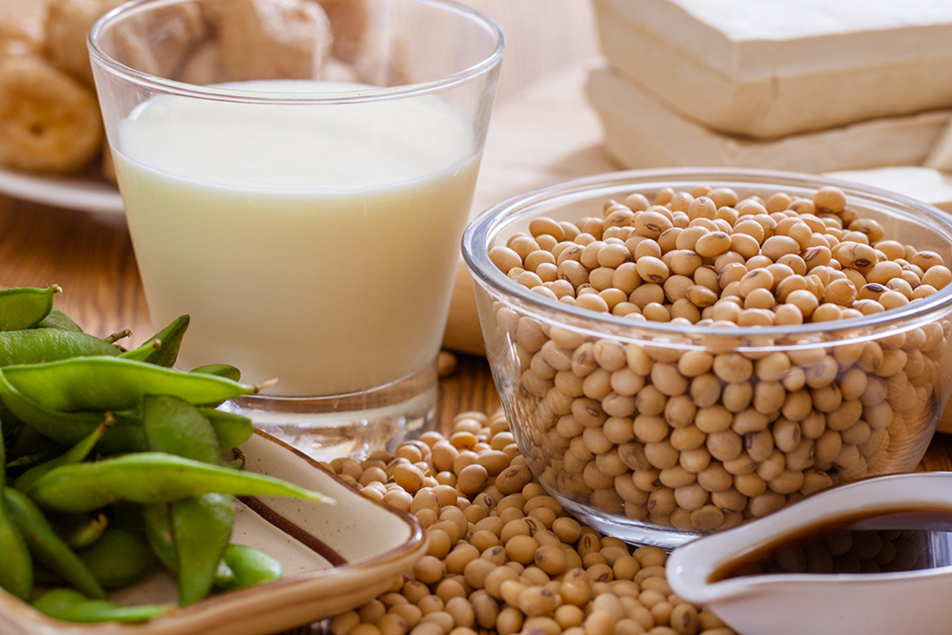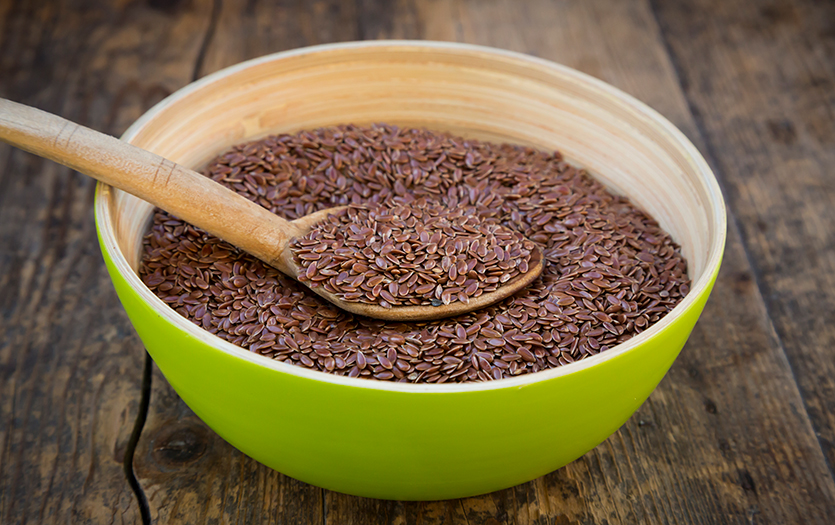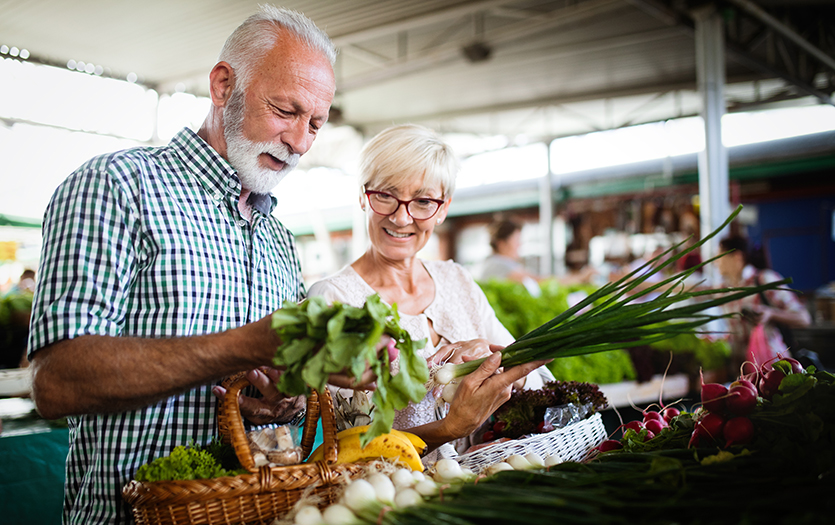The number of Americans consuming a vegan diet has more than doubled in the last three years. With more and more research suggesting meat in moderation might be best, consumers are turning to turnips and the rest of the vegetable family, fruits, beans, quinoa and nuts to stay nourished and reduce risk of disease. The shift doesn’t come without its own set of concerns. We had Sara Bennett, RDN, CD, CDM, CFPP, registered dietitian nutritionist, PPG – Cardiology, (and a vegetarian herself) answer some of our basic questions on creating a plant-based plate.
What are some benefits to a vegetarian/vegan diet?
We see a decrease in the consumption of saturated fat with more plant-based diets, since most of saturated fat comes from animal and animal byproducts. You are also increasing your nutrients by increasing your fruit and vegetable intake.
What are the drawbacks?
These diets can also be risky. Because they can be more time-consuming when prepping and preparing meals, some vegetarians/vegans eat more processed foods. For example, when I became a vegetarian I gained about 10 pounds, because I was eating more pasta, bread and cheese. It took me a good 6 months to really understand how to prep and prepare healthy, well-balanced meals.
Does a plant-based approach to eating decrease risk of disease in any way?
It does! Studies have shown that eating a vegetarian/vegan diet can reduce risk of cardiovascular disease and some cancers. These diets are lower in saturated fats and, as we know, an increase in saturated fat can be linked to elevated cholesterol. Eating plant-based also eliminates processed meat products, which have been linked to some cancers.
There’s a lot of talk around soy. Is it safe? Can it impact hormone levels?
Soy products are great alternatives for protein, but just like every food product, you want to use in moderation. Maybe you have tofu one day a week for Meatless Monday. Too much of any good thing can be a bad thing.
What are some other good protein sources for vegetarian/vegan eaters?
Nuts and seeds. Tree nuts can increase your good cholesterol, and we recommend consuming 1 ounce of tree nuts daily! Also beans, lentils, quinoa and vegetables.
What are your thoughts on the vegetarian “meat” options? Are they too processed?
Consuming them every once in a while is OK, but yes, they are more processed so I would rather you get your protein from nuts, seeds, beans, lentils, quinoa and egg (if vegetarian).
What are your thoughts on the vegan “dairy” options, like cheese? Are they too processed?
Most cheeses are processed, therefore higher in fat and sodium. We recommend about 2-3 servings daily.
What would you tell someone looking to make the transition to a plant-based diet?
Do your research and talk with a dietitian to make sure you are meeting your needs. It’s very important to have a well-balanced diet, which can be tough while following a plant-based diet.




